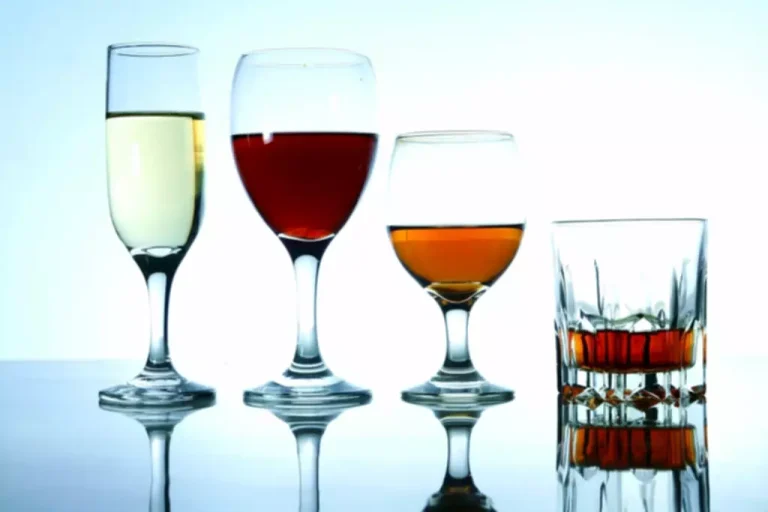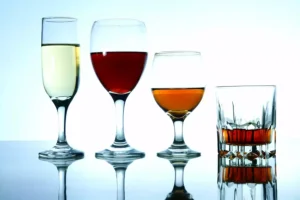
The long-term physical effects of marijuana vary based on the frequency of use and potency. Physical effects on your brain may be permanent, even if you quit using the drug. As a result, marijuana users might experience impaired thinking, which impacts focus and the ability to learn and perform complicated tasks. Because THC also disrupts brain functions that regulate balance, coordination, and reaction time, it’s unsafe for a person under the influence to drive a vehicle, and it’s difficult to play sports. Dr. D’Souza and others at Yale Medicine are hard at work developing the most promising behavioral, pharmacological, and combined treatments for cannabis use disorder.

What are the immediate effects of marijuana use?
Until such options exist, cannabis use disorder is best treated through counseling and therapy. Cannabis use disorder affects roughly 10% of the 193 million cannabis users in the world. The diagnosis captures the possibility that people can be negatively impacted by marijuana use without necessarily being addicted. However, it also has room to recognize cannabis addiction if it occurs. Self-help strategies are important, but sometimes you might need a helping hand. Reach out to your doctor or find a mental health professional who specializes in treating addictions.
Signs and Symptoms of Marijuana Abuse and Addiction

Don’t be too hard on yourself if you do make a mistake and smoke again. Research has found that it usually takes people a few tries before they are successful. When you are trying to stop smoking marijuana, it is essential to get rid of any marijuana-related paraphernalia in your home. Getting rid of the drug itself is crucial, but you should also eliminate any pipes, bowls, bongs, vapes, and related products. John C. Umhau, MD, MPH, CPE is board-certified in addiction medicine and preventative medicine.
Healthier Ways to Cope
But when it comes to addiction, the person with the issue often struggles to see there’s an issue. You may need to join forces with others and take action through a formal intervention. Marijuana Anonymous is a free peer-support program focused entirely on our shared problem with marijuana or cannabis addiction. Marijuana Anonymous uses the basic 12 Steps, founded by Alcoholics Anonymous, because it has been proven that the 12-Step recovery program works.
Of these users, 6.5% or about 1.6 million were adolescents between the ages of 12 and 17. About 1 in 5 young adults between 18 and 25 were reported as current users, which equals 7.2 million – or 20.8% – of the population in this age group. Among the 7.4 million Americans aged 12 and over who had an illicit drug use disorder, the most common was related to marijuana, with four million people suffering from marijuana use disorder. The World Health Organization (WHO) also warns that chronic use of marijuana may cause you to develop cannabis dependence syndrome, which could affect your daily life functions. Smoking marijuana may also cause injury to the trachea and bronchial tubes, causing a long-term effect on your airway and lungs and leading to acute or chronic bronchitis. Other studies have shown an increased risk of heart attack and stroke.

Overcoming this challenge requires the right support, and one of the most effective forms of support is substance abuse counseling. This blog will explore what substance abuse counseling is, the types of counseling available, how substance abuse counselors help people, and how you can become a certified substance abuse counselor. An intervention is a carefully planned process that family and friends can do, working with a doctor or another health care professional, such as a licensed alcohol and drug counselor.
Data analysis suggests that marijuana use more than doubles a driver’s risk of being in an accident. On a related note, the combination of marijuana and alcohol increases driving impairment more than either substance alone. Regardless of how THC is ingested, the substance acts specifically on the brain cell’s cannabinoid receptors. When marijuana is smoked, THC passes rapidly from the lungs into the bloodstream, which carries the substance to the brain and other organs throughout the body.
- It’s important to note that if there is a co-occurring condition, treating both conditions at the same time can provide the most favorable treatment outcome.
- Someone who is addicted may lack the drive to engage in activities, pursue goals, or keep up with responsibilities, including school and work.
- Addicts often try to manipulate loved ones though the use of guilt, fear, and anger.
- Keep reading to learn more about the symptoms of cannabis use disorder and how the condition is diagnosed.
- Marijuana use is divided into two categories, recreational and medicinal.
- The test is free, confidential, and no personal information is needed to receive the result.
- While we are unable to respond to your feedback directly, we’ll use this information to improve our online help.
- When a marijuana addict begins going to meetings, there may be interference and conflict with your normal living schedule, routines, and family obligations.
These symptoms aren’t life-threatening, but they can be very uncomfortable. Get in touch with your local service today for support with cutting down or stopping cannabis use. It’s easier to cut down or give up cannabis if you have some support. Your brain starts to rely on its regular hit of cannabis to make dopamine and stops making it naturally on its own. Or you could carry on smoking six joints, but put slightly less cannabis in each one. When you use cannabis regularly it can marijuana addiction start to harm other parts of your life.

Long-term use of marijuana has been proven to have addictive potential. In most cases, first-time users will not become addicted and even occasional users who smoke pot recreationally may not become addicted to the drug. However, daily, long-term use of marijuana can lead to addiction and many other harmful effects.
